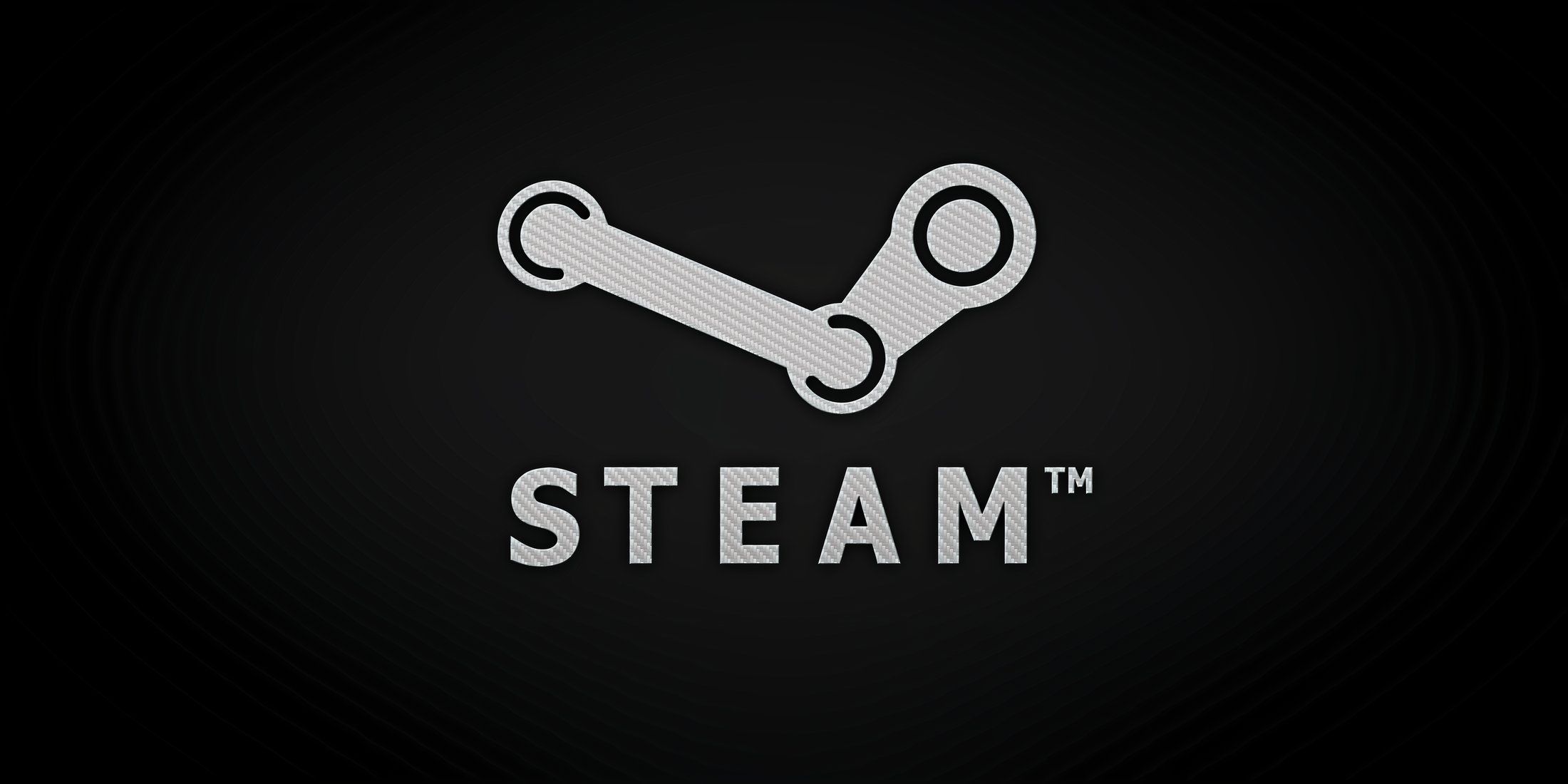Key Takeaways
- Steam users created a group to review games for “woke” aspects.
- Majority of the approved games are Anime games.
- The list is garnering mixed opinions from the gaming collective.
Amidst controversial game launches and shutdowns due to some alleged “agenda pushing,” around 1,600 Steam users have taken it upon themselves to give games a “woke or not” seal of approval.
Founded in 2023, the “Woke and Censored Games Alert” boasts a little south of 9,000 followers.
The group aims to “notify you about games with woke and/or censored content. So you know “which publishers and developers you should support.”
Although there is no official standard for what they consider “woke,” Steam reveals that the games they usually review contain the following tags: JRPG, Anime, RPG, Female Protagonist, and LGBTQ+.
Games are split into three categories: “recommended,” “Informational,” and “not recommended,” with short blurb-style reviews. As of this writing, the group has reviewed 211 games, but only 27 are recommended—the majority of which are Anime games.
Notes given to the “not recommended” games are usually self-explanatory. Most are given this tag for including pronouns, “political flags” or “agendas,” and incorrect localization.
That said, Dustborn received it for having a guy knit in the game’s trailer. God of War‘s Kratos was also denied a recommendation because he was “weak and emotional” in Ragnarök.
The “informational” tag is much more interesting. Star Wars Jedi: Survivor‘s “character with modern features” earned it a spot in this category. So did Dragon’s Dogma 2 for restricting the player’s minimum height to 160cm – 5’3 – despite the “average height for Japanese women” being 154cm, or 5’0 and change.
Several Assassin’s Creed games were labeled as “informational” for having “forced diversity” and an “extremely ugly, strong female protagonist.”
Most recently, the group has celebrated Concord‘s closure as a victory. However, being another generic hero shooter with clunky mechanics might be the more likely reason Concord shut down.
Mixed Reception Among Gamers
Given the gaming industry’s divisions, it’s no surprise that the group has staunch detractors and supporters.
The group’s critics say that its definition of “woke” is generally too broad and reductive. Here, “woke” can range from incorrect localization and changing narratives in remakes to simply including non-white characters in fantasy settings.
The labeling is also incoherent, as games with similar political commentary to ‘not recommended’ games can get a pass if they don’t include current controversial topics.
Fans argue that the industry has been increasingly pandering to a “modern audience” that doesn’t exist. The closure of Concord and the negative reception Forspoken, Saints Row, and others have received are often cited as clear evidence.
They also state that it’s a consumer’s right to know exactly what they’re buying.
A third group exists, a middle ground made up of the nuance lost by both sides of the argument. People who don’t belong to either camp have said that the group’s reasoning behind some placements is odd and incoherent, but that the overall aim isn’t completely bad.
After all, informing gamers of subtle changes and potentially political changes isn’t negative when it’s done consistently.
Despite the nature of political online groups, this one is not hardened against detractors. Multiple comments in its thread are made up of people expressing their dislike but haven’t been removed.
Ultimately, games are media with messages to convey. No game company should be shy about its messages, but users should also be free to analyze and interact critically with narratives and mechanics.
Deep under some eyebrow-raising reviews, there might be something worth exploring in reading between the lines in contemporary gaming.
Alternatively, make a game so good, like Baldur’s Gate 3, that even people who disagree with its politics play it and admit it’s incredible.

